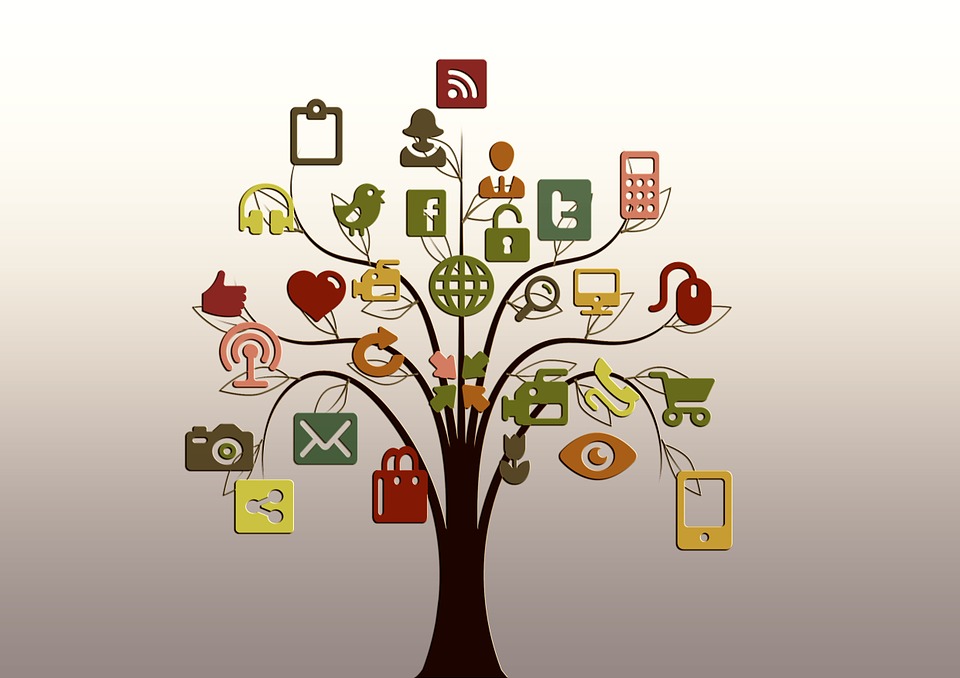Excess online and digital validation damages real life and relationships

The digital revolution, technology being pervasive in our lives, social media, etc are the reality of today. How does excessive online presence, digital interactions and seeking validation from digital interactive devices damages real life and real word relationships?
1. Real life has become a means to achieve the perfect virtual life.
Today for many people, how they live their lives – is based on what kind of online profile and following they want. People design and plan their life, travel, places they visit – to the point of what selfies to take what point in which direction etc, so that they get the likes and wows from others. Life is lived to show case carefully curated, photoshopped versions online.
One does feel the pressure to put up carefully selected facets of your life and pictures online so that they get enough likes from their network and that determines significantly what the person self worth is.
The skill of Living and enjoying the moment is eroded. It also puts very high pressure to showcase a perfect life, perfect holiday, perfect pictures etc.
2. Happiness quotient – likes and followers.
It is true for a significant number of people that their happiness and mood is determined by the number of likes or followers or up votes that they get and they get addicted to these validation and the devices that give them access.
When a like is received or shared – it is a quick online validation – and it gives the recipient a dopamine rush. Dopamine is one of the happy-reward chemicals (neurotransmitters actually) that makes one feel rewarded. When a work is done and it is completed, then it gives a feeling of achievement, goal accomplishment etc and a dopamine hit. Similarly when someone posts something and some one likes it, it triggers the same reward cycle mechanism in the brain giving a dopamine hit. They keep going back to it for more and the pattern gets established. Hence they are not able to ignore the “ping” notification sound on the mobile, which is the route for the reward, making it irresistible for them to pick it and check it ASAP.
And over a period of time, any pings or tings or buzz of their phone – brings in the same dopamine rush, getting them addicted to both the likes and the device-phone.
3. Virtual Digital interfaces and the Internet is an unending source of excitement and entertainment
The Virtual digital interface/screen time through the mobile screen or laptops or tablets etc the channel to social media and the internet, provides a constant stimulation, unlimited sources for interesting things to read or watch or play or interact with. This definite over-stimulation keeps the person in a constant state of excitement and seeking excitement, and that means they can get bored easily in real life. Because nothing in real life is unendingly interesting and unlimitedly exciting unless effort is put in to it.
4. More Interaction with Digital Voice assistants and AI
On the other hand today people are interacting more and more with digital voice assistants like siri, cortana, alexa etc and more interactions are expected with artificial intelligence interfaces (AI) going forward. These digital assistants are constantly at one’s service, they remember all the things that one tells them, engages and entertains one’s every whim and fancy. And most importantly they do not need any validation back. The constant unidirectional validation that is provided by this digital assistants makes people feel happy and attached to the device. Getting used to this, really makes a significant negative influence on one’s existing real-world relationships as well as any new relationships that one might get into in the future.
In real life, relationships need to be bidirectional. Real life relationships need empathy, nurturing, respect, trust and compassion towards each other. This might makes it seem a very difficult thing to do for the person. There are expectations in a real world relationship and to make a relationship work is hard work and consistent effort needs to be put in.
All this is unnecessary with a digital voice assistant, who doesn’t demand time and attention, love and affection, is there at every beck and call, who does what it is being told to do, without arguing back and not having any emotional need whatsoever.
And then real life relationships seem cumbersome, takes too much time and the effort to earn respect and trust over time seems too much. Over a period of time, the skill to initiate and maintain real world relationships get damaged and resulting loneliness makes one go back to their virtual world, making this a vicious cycle.
About the Author:
Kala Balasubramanian is certified Counselling Psychologist/Psychotherapist with a Masters in Counselling and Psychotherapy, Diplomas in Counselling and has further certifications specializing in couple/marriage/relationship counselling and family counselling. She provides a supportive, understanding, professional and confidential environment to work with clients – Individuals and Couples explore their emotions, help them understand and manage their challenges, relationships and stress better.
